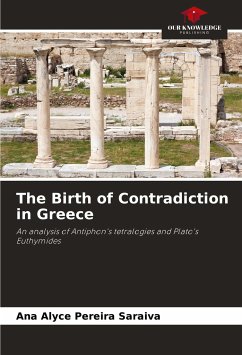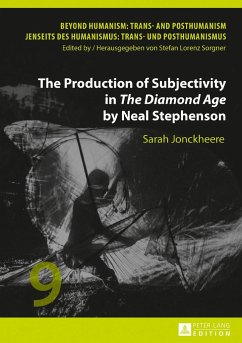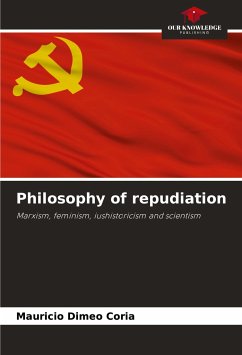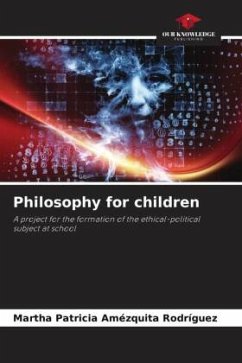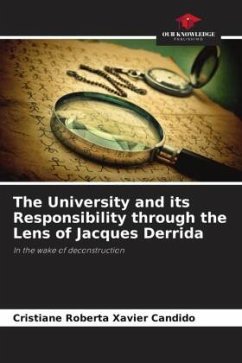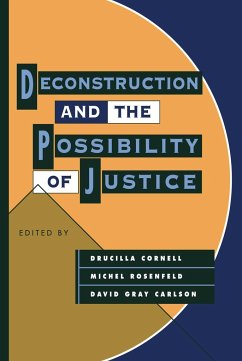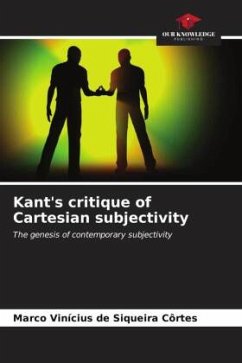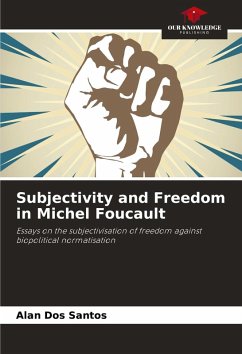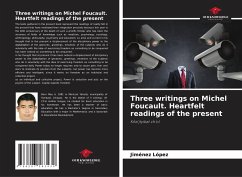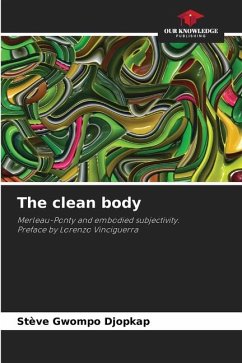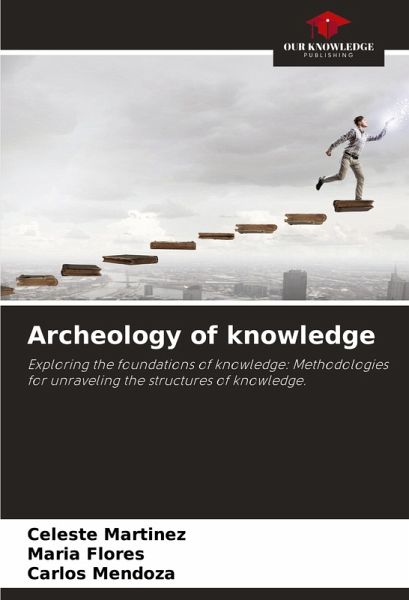
Archeology of knowledge
Exploring the foundations of knowledge: Methodologies for unraveling the structures of knowledge.
Versandkostenfrei!
Versandfertig in 6-10 Tagen
40,99 €
inkl. MwSt.

PAYBACK Punkte
20 °P sammeln!
The archaeology of knowledge proposes an innovative approach to the analysis of the social and human sciences, rethinking how discourses are constructed, transformed and organized over time. Michel Foucault challenges traditional methods, focusing on discontinuities and ruptures rather than looking for historical continuities. This approach makes it possible to identify the underlying rules that govern the production of knowledge in different epochs, revealing how certain practices and concepts acquire power and legitimacy. Through this methodology, we analyze how discursive structures shape o...
The archaeology of knowledge proposes an innovative approach to the analysis of the social and human sciences, rethinking how discourses are constructed, transformed and organized over time. Michel Foucault challenges traditional methods, focusing on discontinuities and ruptures rather than looking for historical continuities. This approach makes it possible to identify the underlying rules that govern the production of knowledge in different epochs, revealing how certain practices and concepts acquire power and legitimacy. Through this methodology, we analyze how discursive structures shape our understanding of reality and determine the dynamics of power. By exploring the limits of knowledge, Foucault offers essential tools for deconstructing dominant discourses, questioning accepted truths and constructing new perspectives in the field of social research. This critical analysis becomes a fundamental guide for interpreting the foundations of human knowledge.





